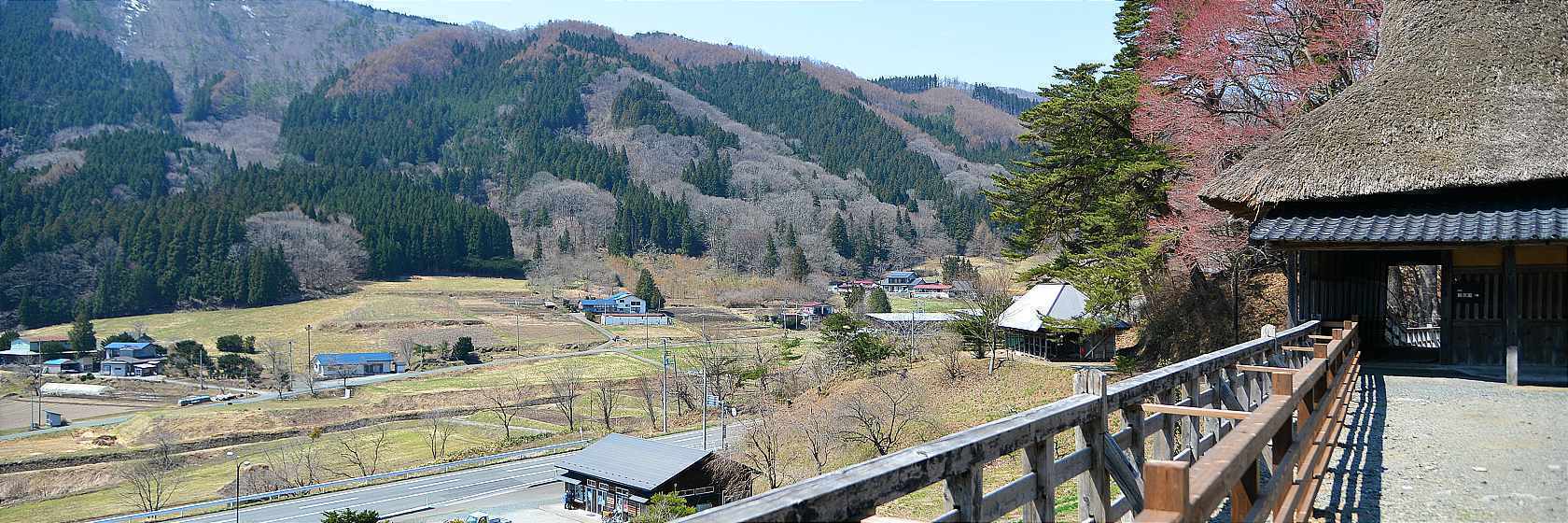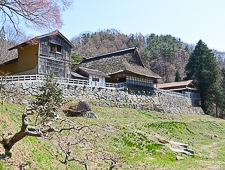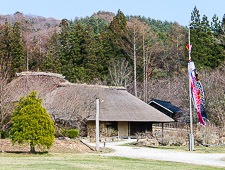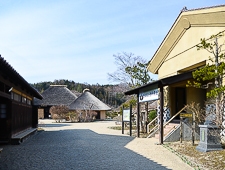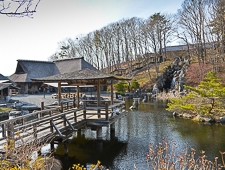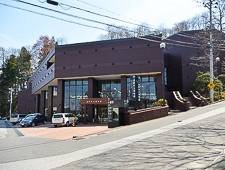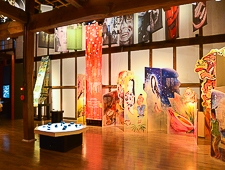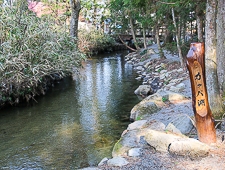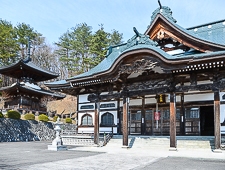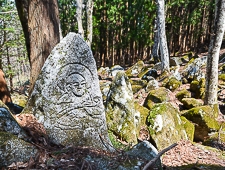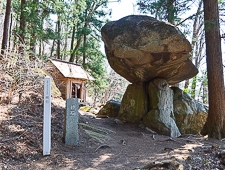Tono (遠野, Tōno) is a rural town in the hills of central Iwate Prefecture. The area is notable for its rustic landscapes and traditional farming culture. But Tono is best known as a repository of Japanese folklore due to its legends of spirits, animals and supernatural creatures. This rich oral tradition was passed down through generations of storytellers and eventually collected into a book by the pioneering folklorist Yanagita Kunio.
Yanagita Kunio came to the region during the early Meiji Period and collaborated with Tono native Sasaki Kizen to gather local stories and to publish them in "Legends of Tono" in 1910 as one of the first collections of Japanese folktales. The legends that they transcribed continue to be told today, and story telling performances in Japanese are regularly held at the folk villages, museums and some of the hotels around the town.
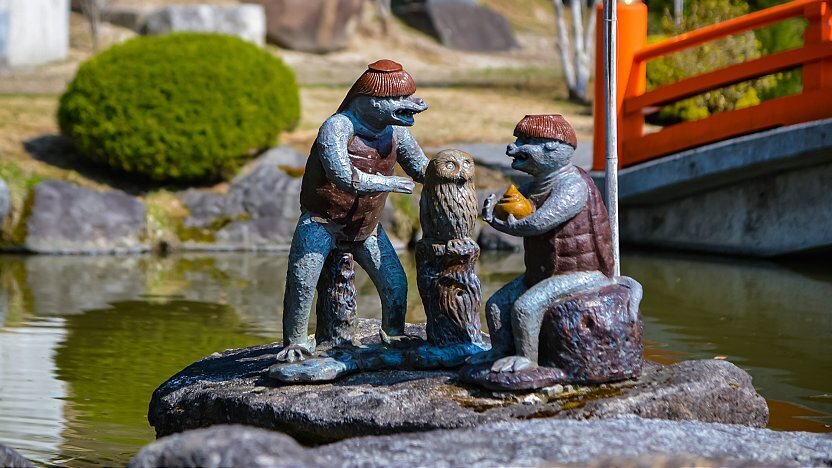
The most widely known folk creature of the region is the kappa, a mystical water sprite, which resembles a small, humanoid turtle and is believed to lurk around rivers and ponds. Kappa serve as a reminder of the dangers of water, as they are said to be fond of eating children and cucumbers, but are also beloved, and images of them can be found all around Tono.
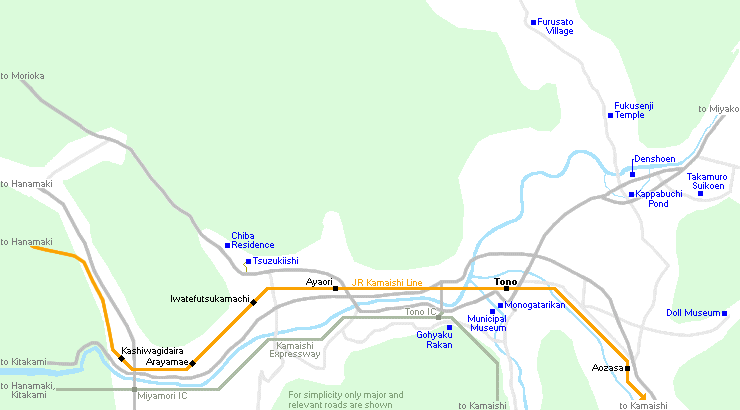
Residences
The rural Tono region is known for its traditional, thatched roofed farmhouses, which are known as Nambu Magariya (Nambu Bent Houses) due to their characteristic L-shaped construction and prevalence around the Nambu Region (the historical area of northeastern Tohoku named after the local Nambu lords). Several of these homes have been preserved and relocated to Tono's various folk villages.
Folk Villages
There are three folk villages around Tono, comprised of traditional magariya farmhouses, storehouses and museums. They offer visitors a chance to learn about traditional rural life and try their hand at various activities.
Museums
In addition to the folk villages found in the outskirts of the town, Tono also offers a few museums around its town center. Several of these specifically focus on the local folklore.
Folklore and Religious Sites
Getting there and around
How to get to Tono
Tono lies along the JR Kamaishi Line between Hanamaki and Kamaishi. From Shin-Hanamaki Station (3 hours, about 13,000 yen by JR Tohoku Shinkansen from Tokyo), take the train to Tono (45-60 minutes, 770 yen one way, departures every 1-2 hours). The trip is covered by the Japan Rail Pass, JR East Tohoku Area Pass and JR East South Hokkaido Pass.
How to get around Tono
Tono Station and the museums are located around the walkable town center, but the rest of the attractions are quite spread out around the town's outskirts. The Chiba Residence, for example, stands about eight kilometers west of Tono Station, while the Furusato Village is located a similar distance north of the town center.
A network of buses connects the town center with most of the attractions; however, connections tend to be rather infrequent and inconvenient. Targeted at Japanese travelers, half-day and full-day guided sightseeing bus tours are operated on weekends from late April to early November.
Rental bicycles can be a pleasant option for exploring Tono although the terrain around the town is quite hilly. Bicycles are available at multiple rental outlets in front of the station. Prices start from around 700 yen for four hours. Rental bicycles may not be available from December to March at some outlets.
Alternatively, it is easy to explore Tono by rental car. Rental outlets can be found around Kitakami Station (3 hours, about 13,000 yen by JR Tohoku Shinkansen from Tokyo). It takes under an hour to drive between Kitakami and Tono, using the toll-free Kamaishi Expressway.

Hours and Fees
A combination ticket (Shinai Kanko Kyotsuken) is available for 1400 yen and covers entry to the six following sites:
- Denshoen
- Tono Furusato Village
- Tono Municipal Museum
- Tono Monogatari-no-Yakata and Jokamachi museums (counted as a single entry)
- Fukusenji Temple
- Tono Doll Museum
Questions? Ask in our forum.
